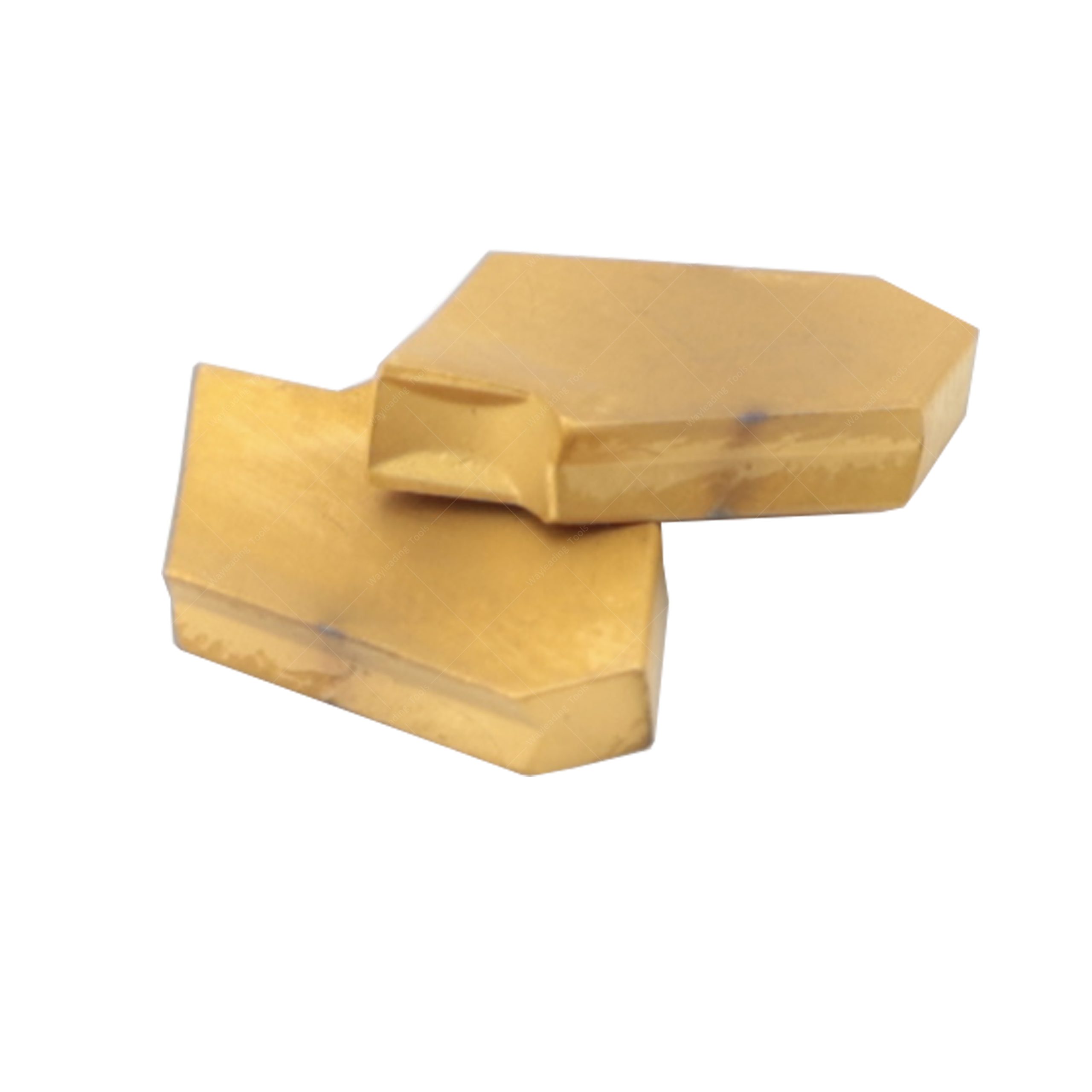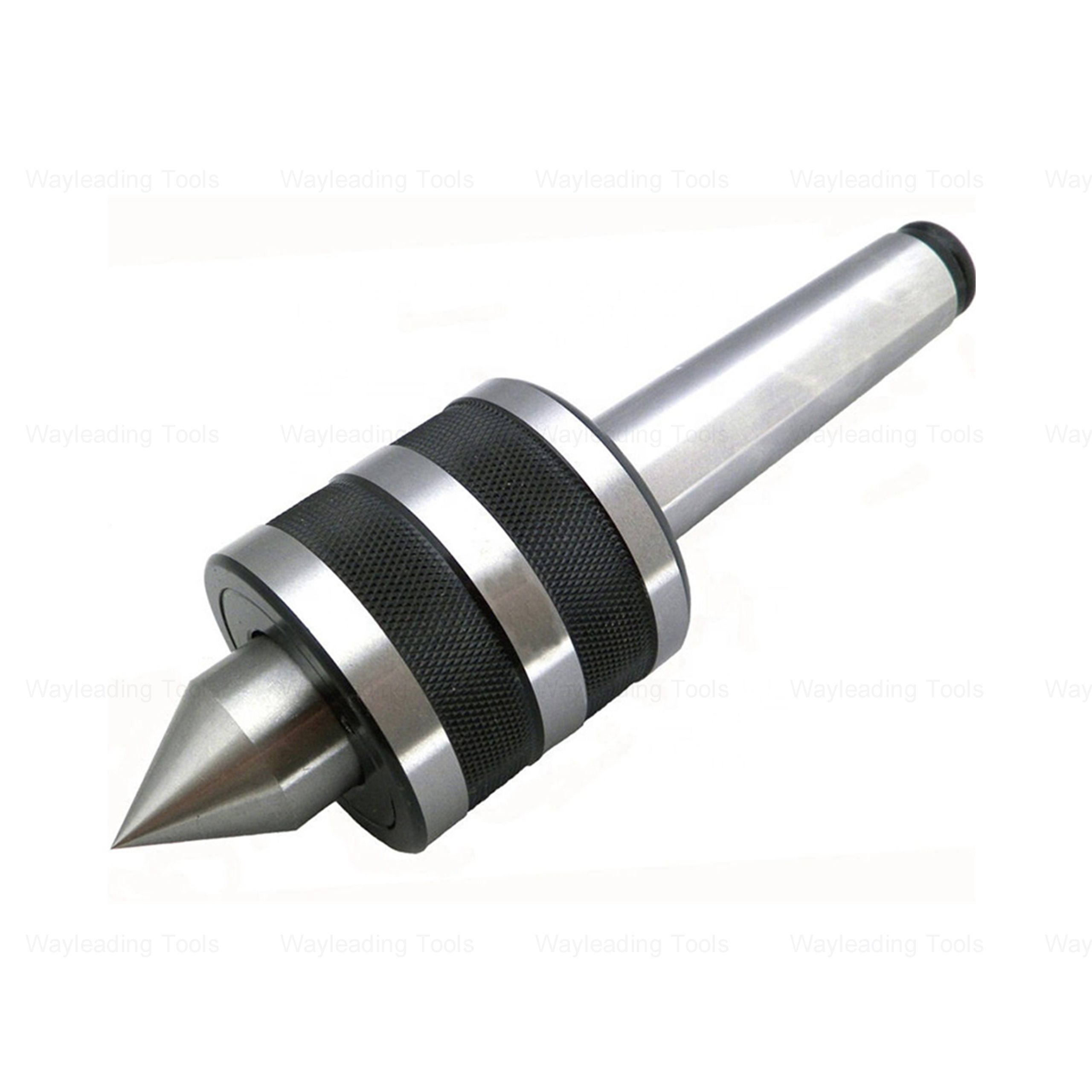v blocks Supplier
V blocks are essential precision tools used in machining, grinding, milling, and inspection. They provide a stable and accurate platform for holding cylindrical or round workpieces. This guide explores the different types of V blocks, their applications, and key factors to consider when selecting the right V block supplier for your needs.
Understanding V Blocks: Functionality and Types
V blocks are primarily used to securely hold cylindrical objects, enabling accurate machining, grinding, or measurement. The 'V' shape allows for centering the workpiece, improving precision and repeatability. They are frequently used in conjunction with other tools like dial indicators, height gauges, and magnetic bases.
Types of V Blocks
V blocks come in various designs to suit different applications. Here are some common types:
- Single V Blocks: Feature a single 'V' groove and are often sold in matched pairs for greater accuracy.
- Matched Pair V Blocks: Precisely machined in pairs for consistent accuracy and parallelism. They ensure the work piece sits level.
- Magnetic V Blocks: Incorporate magnets to securely hold the workpiece and the V block itself in place.
- Adjustable V Blocks: Allow for adjusting the 'V' opening to accommodate different workpiece diameters.
- Universal V Blocks: Offer multiple 'V' grooves and clamping options for versatility.
Applications of V Blocks
V blocks are widely used in various industries and applications, including:
- Machining: Holding cylindrical workpieces for turning, milling, and drilling operations.
- Grinding: Providing a stable platform for precision grinding of round components.
- Inspection: Supporting workpieces during dimensional inspection using dial indicators, coordinate measuring machines (CMMs), and other metrology equipment.
- Layout: Assisting in marking and scribing accurate lines on round stock.
- Tool and Die Making: Supporting punches, dies, and other components during fabrication.
Key Factors to Consider When Choosing a V Block Supplier
Selecting the right V block supplier is crucial to ensuring you receive high-quality tools that meet your specific needs. Here are key factors to consider:
Material and Hardness
V blocks are typically made from hardened steel or cast iron. Hardened steel offers excellent wear resistance and dimensional stability. Consider the material's hardness based on the type of work you'll be performing. Reputable V block suppliers should provide detailed information about the material composition and hardness ratings (e.g., Rockwell C scale).
Accuracy and Tolerance
Accuracy is paramount when using V blocks. Look for suppliers who provide V blocks with tight tolerances and guaranteed accuracy. Check for specifications like parallelism, squareness, and 'V' groove accuracy. High-precision V blocks often come with certification to industry standards like ISO or ASME.
Size and Capacity
Choose V blocks with a 'V' groove capacity that can accommodate the range of workpiece diameters you'll be working with. Consider the overall size of the V block as well, ensuring it's suitable for your machine or work area.
Magnetic vs. Non-Magnetic
Magnetic V blocks offer the convenience of holding the workpiece securely. However, non-magnetic V blocks are preferred when working with sensitive materials or when magnetism could interfere with measuring instruments. Weigh the pros and cons based on your specific application.
Supplier Reputation and Experience
Opt for a V block supplier with a proven track record of providing high-quality tools and excellent customer service. Look for suppliers with years of experience in the industry and positive reviews from other customers. Consider suppliers like Wayleading Tools, known for their precision measuring tools.
Finding a Reliable V Block Supplier
Identifying a trustworthy V block supplier requires careful research. Consider these steps:
- Online Research: Search online for 'V blocks supplier' and carefully evaluate different companies. Check customer reviews and ratings.
- Request Quotes: Contact several potential suppliers and request quotes for the specific V blocks you need.
- Check Certifications: Ask about certifications and quality control processes to ensure the V blocks meet industry standards.
- Evaluate Customer Service: Assess the supplier's responsiveness and willingness to answer your questions.
- Consider Lead Times: Inquire about lead times and shipping costs to ensure the V blocks will arrive when you need them.
Maintaining Your V Blocks
Proper maintenance is essential to prolong the life and accuracy of your V blocks. Here are some tips:
- Cleaning: Regularly clean your V blocks with a soft cloth to remove dirt, debris, and coolant.
- Storage: Store your V blocks in a dry, protected environment to prevent rust and corrosion.
- Inspection: Periodically inspect your V blocks for any signs of damage, such as nicks, dents, or wear.
- Calibration: Consider having your V blocks professionally calibrated to ensure continued accuracy.
Conclusion
V blocks are indispensable tools for a wide range of precision applications. By understanding the different types of V blocks and considering the key factors outlined in this guide, you can confidently choose the right tools from a reputable V block supplier and ensure accurate and reliable results. When sourcing your next V blocks, consider the quality and precision that Wayleading Tools can offer.
Related products
Related products
Best selling products
Best selling products-
 HSS Metric 4 Flute End Mills With Bright Or TiN And TiAlN Coated
HSS Metric 4 Flute End Mills With Bright Or TiN And TiAlN Coated -
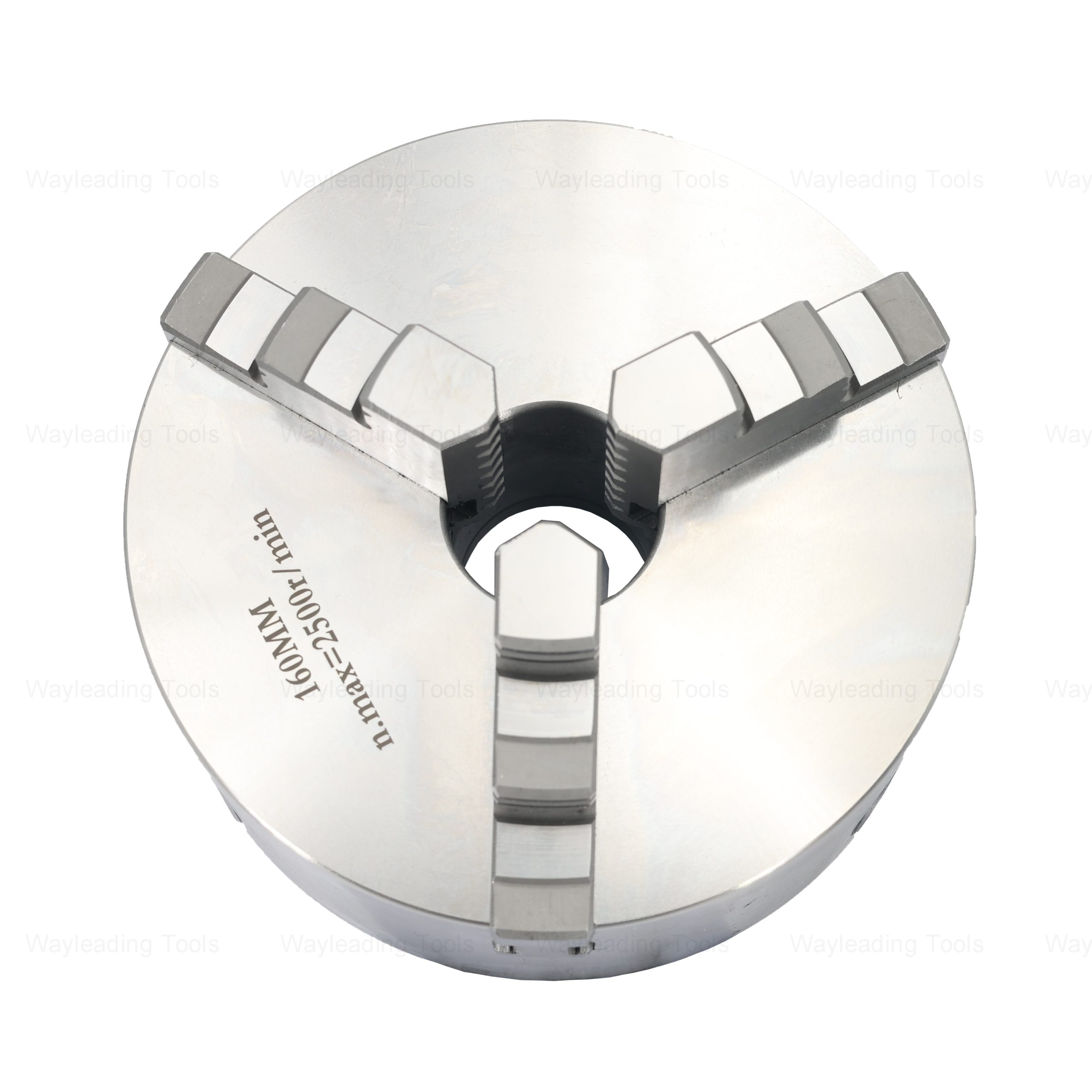 K11 Series 3-Jaw Self-Centering Lathe Chuck – Scroll Type, for Manual Lathes
K11 Series 3-Jaw Self-Centering Lathe Chuck – Scroll Type, for Manual Lathes -
 ISO Metric Hexagon Die With Right Hand
ISO Metric Hexagon Die With Right Hand -
 High Precision BT-ER Collet Chuck – CNC Tool Holder, Spring Type, ER16–ER40
High Precision BT-ER Collet Chuck – CNC Tool Holder, Spring Type, ER16–ER40 -
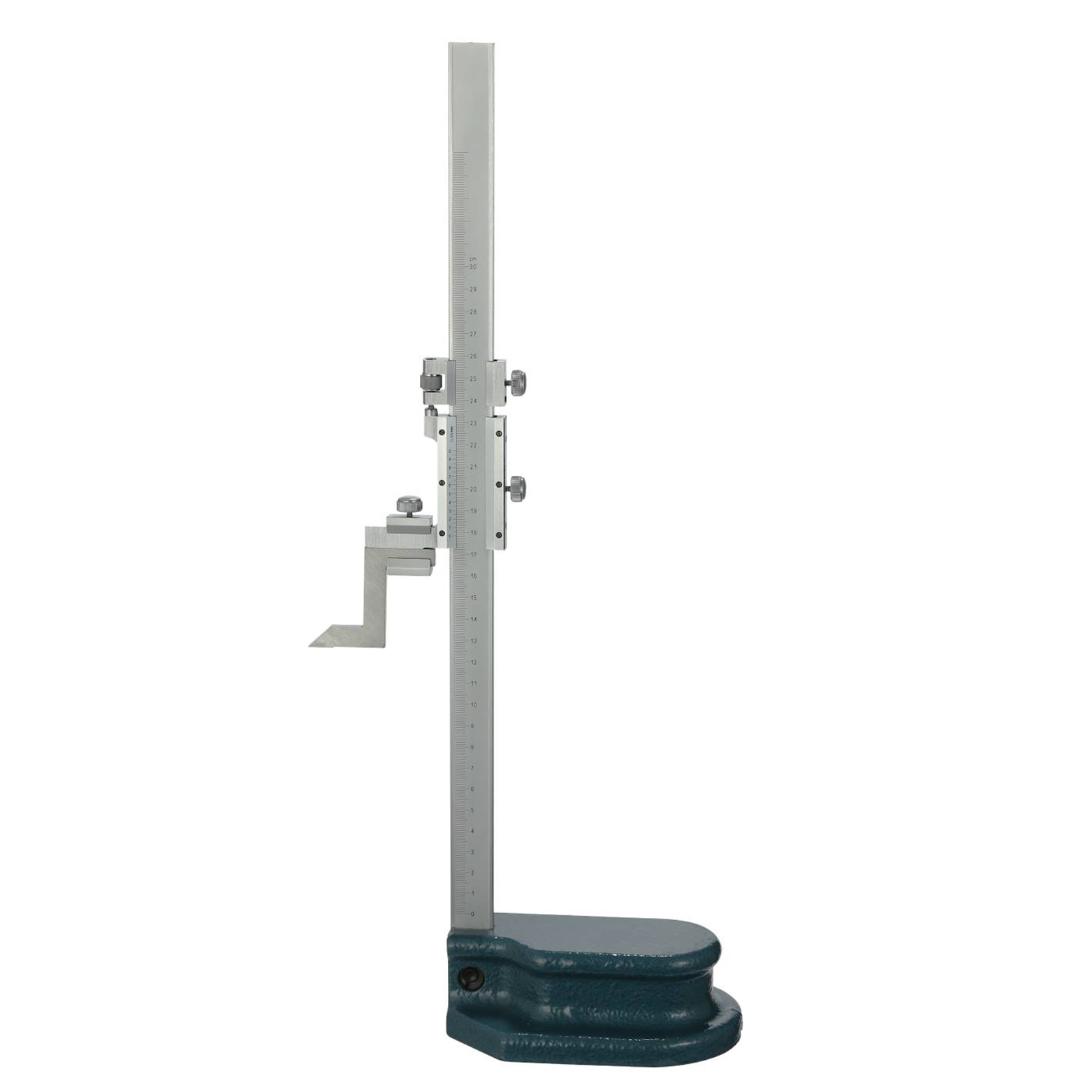 Vernier Height Gauge For Industrial
Vernier Height Gauge For Industrial -
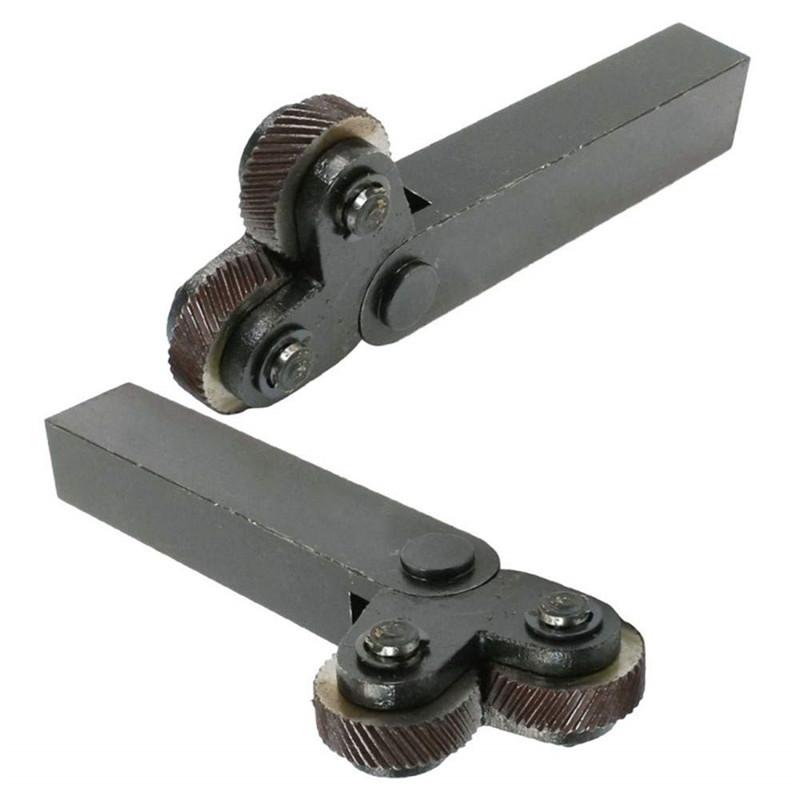 Dual Wheel Knurling Tools With Diamond Pattern For Industrial Type
Dual Wheel Knurling Tools With Diamond Pattern For Industrial Type -
 APKT Milling Insert For Indexable Milling Cutter
APKT Milling Insert For Indexable Milling Cutter -
 HSS Metric Plain Metal Slitting Saws For Industrial
HSS Metric Plain Metal Slitting Saws For Industrial -
 Precision Magnetic Base With Fine Adjustment For Dial Indicator
Precision Magnetic Base With Fine Adjustment For Dial Indicator -
 Dial Bore Guage From 6-450mm Range
Dial Bore Guage From 6-450mm Range -
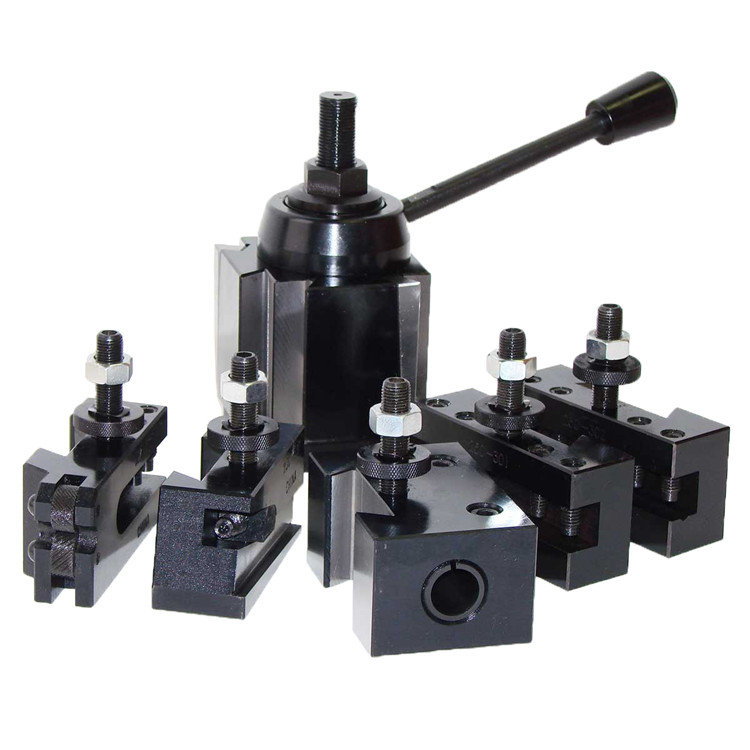 Wedge Type Quick Change Tool Post Set In lathe Machine
Wedge Type Quick Change Tool Post Set In lathe Machine -
 Digital Depth Gauge With Stainless Steel For Industrial Type
Digital Depth Gauge With Stainless Steel For Industrial Type



